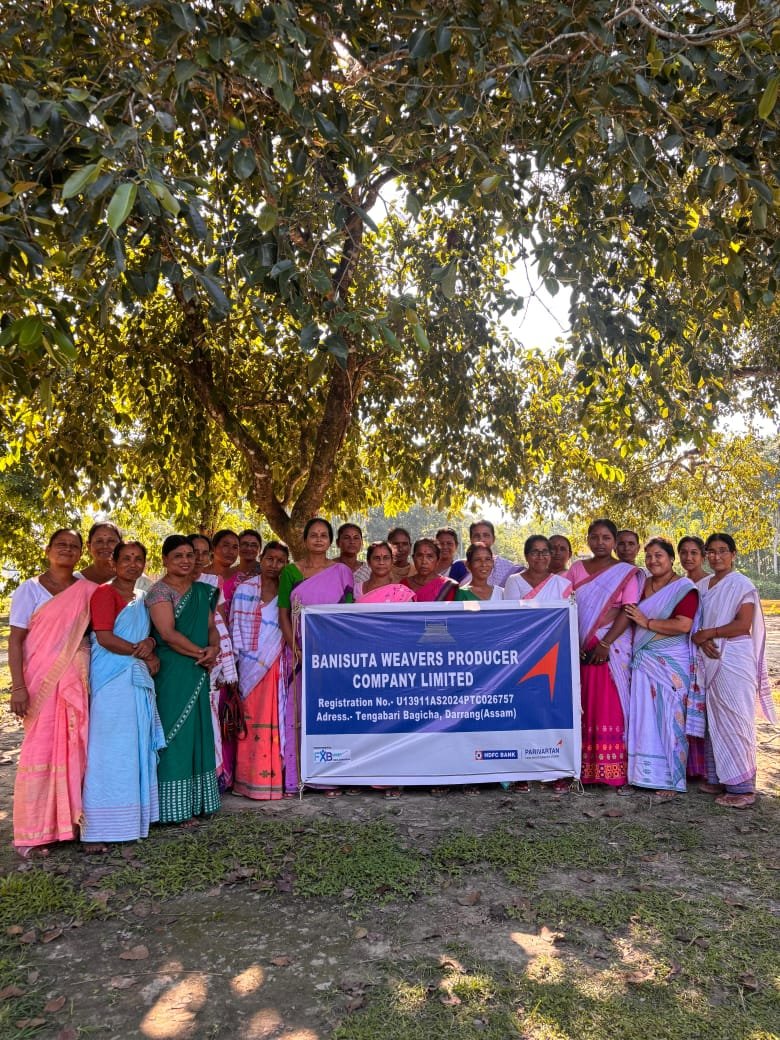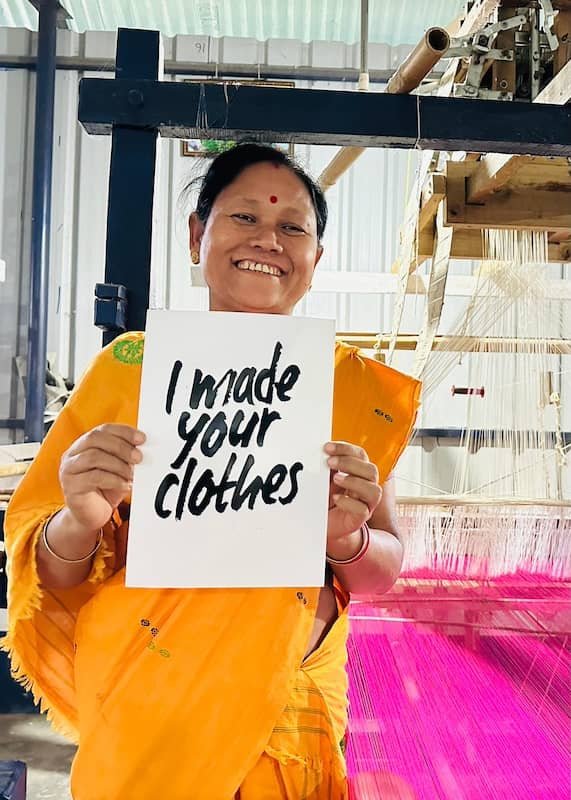Women in rural India, particularly in Assam, have been practicing the art of handloom weaving for generations. However, many face economic and social challenges that prevent them from reaching their full potential. Mahura Weaves has taken a bold step to change this by empowering women artisans, providing them with a sustainable source of income, and helping them build better lives for themselves and their families.
Creating Opportunities for Economic Independence
Many women artisans, especially those in rural areas, have limited job opportunities. Handloom weaving offers a flexible yet sustainable way for them to earn a livelihood while managing their household responsibilities. Mahura Weaves ensures that these women earn fair wages for their work, helping them achieve financial independence.
By providing access to raw materials, design support, and marketing opportunities, Mahura Weaves ensures that its artisans have everything they need to succeed. This enables them to not only sustain their craft but also pass it on to future generations.
Preserving Cultural Heritage
The art of handloom weaving is deeply intertwined with the cultural identity of Assam. Unfortunately, economic pressures and modernization have led many artisans to abandon their craft. Mahura Weaves is working to reverse this trend by creating demand for traditional handwoven products and keeping this important cultural heritage alive.
A Path Toward Gender Equality
Through their work with Mahura Weaves, women artisans are gaining the confidence to step into leadership roles, both within their communities and their households. This shift is contributing to greater gender equality in rural areas, where women are traditionally seen as secondary to men. By empowering women economically, Mahura Weaves is helping to foster a more equitable society.
Conclusion
At Mahura Weaves, empowering women isn’t just about providing jobs—it’s about giving them the tools to thrive. By supporting these artisans, the brand is playing a crucial role in promoting gender equality, preserving cultural traditions, and fostering economic independence in rural Assam.













